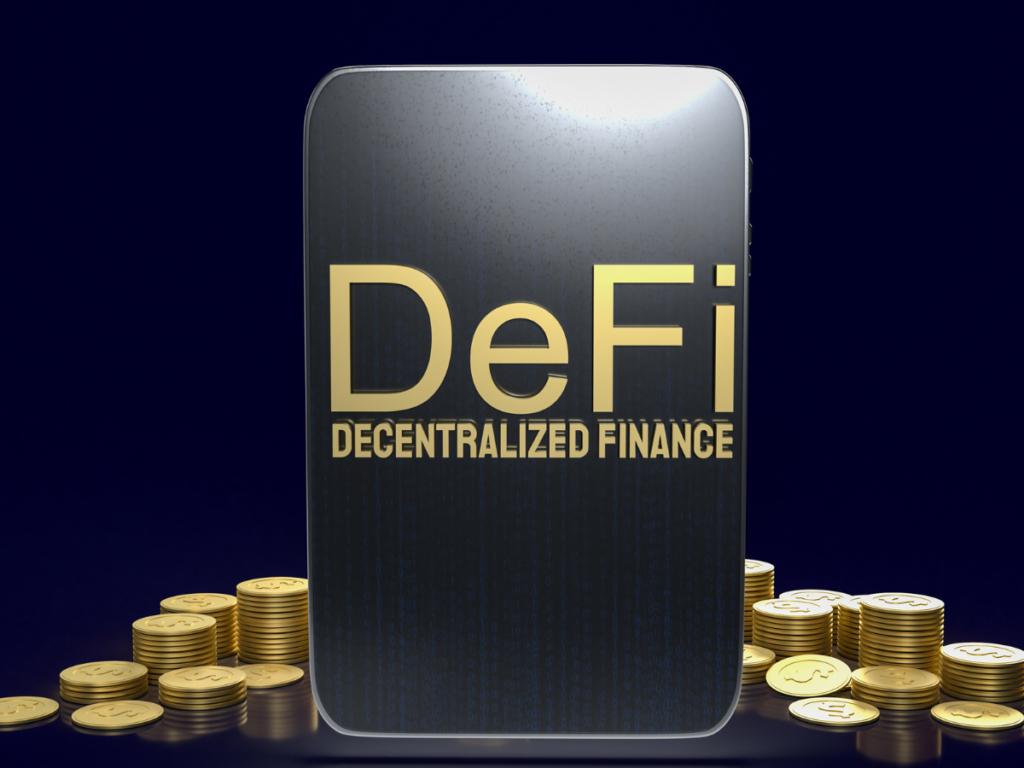Nickel Digital Asset Management found that 81% of investors prefer DeFi investments and 23% are more interested in DeFi solutions.
Institutional investments are undergoing a change as decentralized finance (DeFi) emerges as a viable and alluring alternative. A London-based company called Nickel Digital Asset Management has shared crucial findings from its extensive global study that illuminate the shifting viewpoints of wealth managers and institutional investors.
Numerous financial specialists from the US, UK, Germany, Switzerland, Singapore, Brazil, and the UAE participated in the investment manager’s study. The results show a dramatic shift in opinion, with a whopping 81 percent of respondents admitting that DeFi investment prospects are becoming more alluring. Notably, 23% of participants went one step further and expressed increased interest in DeFi solutions.

These results show how the financial industry is evolving and how conventional businesses are starting to see the advantages of DeFi protocols and platforms. While there is growing evidence of interest, the research also identifies problems that must be fixed before there can be widespread institutional involvement.
The main obstacles were identified as liquidity concerns, difficulties with know your customer (KYC) procedures, and anti-money laundering (AML) legislation. Concerns about the liquidity of DeFi investments and their potential to affect operational effectiveness were raised by nearly half of the participants (47%) of the survey.
Equal numbers also emphasized the difficulties associated with KYC and AML compliance in the context of decentralized finance.
The study also highlighted the need for regulatory certainty, with 44% of respondents arguing that before institutional investors can confidently embrace DeFi, more definite regulatory frameworks are needed. Along with regulatory considerations, other elements that emerged as important determinants of investment choices within the DeFi ecosystem were technical worries (40%), secure custody solutions (37%), and tax uncertainty (34%).
DeFi capability
The CEO and founding partner of Nickel Digital Asset Management, Anatoly Crachilov, noted the growing interest in DeFi while also speaking about the difficulties that lie ahead.
“During the’mass extinction’ of centralized entities last year, DeFi solutions showed the resiliency of decentralized applications. The value proposition of DeFi and the development potential in the upcoming years are now more widely acknowledged by the market.
“However, there are still obstacles to further institutional participation in DeFi, with liquidity, KYC, and AML concerns at the top of the list. These issues must be resolved before institutions can participate more widely. However, they are solvable, and Nickel has taken initiatives to reduce these risks in our operations. It would be wonderful to see them become more widely used in the industry.
The analysis also identifies the particular institutional investor subgroups where DeFi investments are anticipated to rise sharply. Pension funds and wealth managers stand out in particular, with 47% of respondents believing that wealth managers’ investment levels will significantly increase.
In the same way, 46% feel the same way about pension money. Hedge funds and sovereign wealth funds are anticipated to follow suit, with 37% and 34%, respectively, anticipating a major increase in their involvement. Additionally, family offices anticipate a significant increase, with 30% expecting to significantly increase their DeFi investments.
The balancing of innovation and compliance emerges as a key topic driving the trajectory of decentralized finance as the financial sector adjusts to the shifting terrain.











